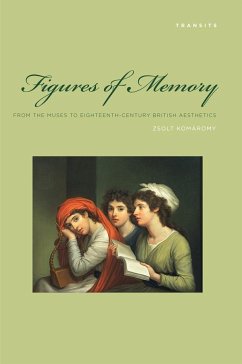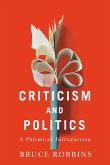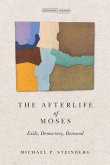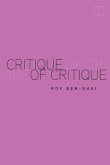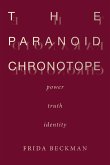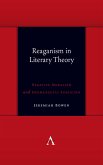This book effects a rapprochement between memory studies and eighteenth-century aesthetics with the aim of modifying received views on the role and fate of memory in the history of criticism. It argues that the philosophical problems characterizing conceptualizations of memory unsettle its opposition to the imagination and explain its relation to literary discourse. Moving from the Muses through Plato and Descartes to works by Pope, Addison, Gerard, and Kames, the book traces these problems through various "figures" representing notions of memory and claims that eighteenth-century critical thought exploited a constructive sense of memory for accounts of the notion of the imagination. Komaromy thus argues for the persistence of the literary relevance of memory even in a poetics of the imagination, offering a new perspective on the changing relation of memory and imagination at a point in the history of criticism that has determined the critical assessment of these concepts.
Bitte wählen Sie Ihr Anliegen aus.
Rechnungen
Retourenschein anfordern
Bestellstatus
Storno

